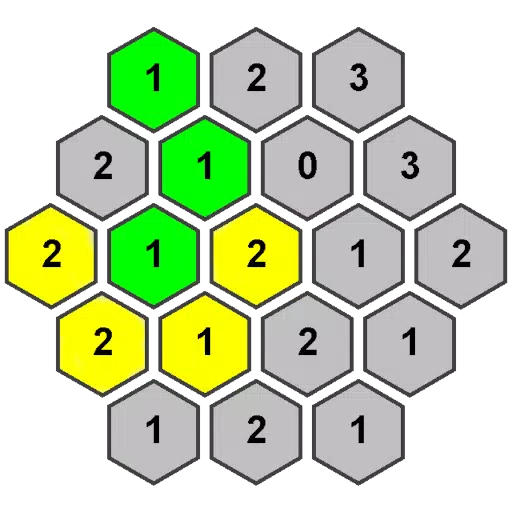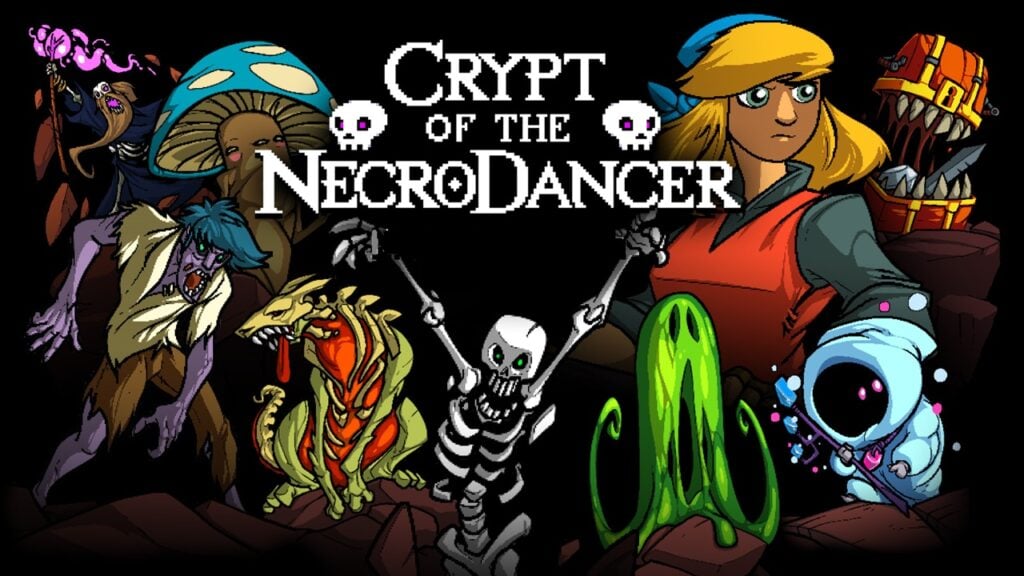It's year-end, and my Game of the Year is Balatro – a surprising choice, perhaps, but one I'll explain. Balatro, a blend of solitaire, poker, and roguelike deck-building, has garnered numerous awards, including Indie and Mobile Game of the Year at The Game Awards and two Pocket Gamer Awards.
However, its success has also caused confusion and even anger. Comparisons to games with flashier graphics highlight Balatro's relatively simple visuals, leading some to question its numerous accolades. I believe this highlights precisely why it's my GOTY.
Before delving into Balatro, here are some honorable mentions:
- Vampire Survivors' Castlevania expansion: A highly anticipated addition, finally bringing iconic Castlevania characters to the game.
- Squid Game: Unleashed's free-to-play release: A potentially precedent-setting move by Netflix Games, suggesting a focus on attracting new viewers.
- Watch Dogs: Truth's audio adventure release: An interesting, if unexpected, release strategy from Ubisoft for the Watch Dogs franchise.
My experience with Balatro has been mixed. While undeniably engaging, I haven't mastered its intricacies. The focus on optimizing deck statistics, a frustrating aspect for me, has prevented me from completing runs despite many hours of playtime.
Despite this, Balatro represents excellent value. It's simple, engaging, and undemanding, both technically and mentally (mostly!). While not my perfect time-waster (that title belongs to Vampire Survivors), it's a strong contender. Its appealing visuals and smooth gameplay, for a mere $9.99, offer an engaging roguelike deck-builder suitable for public play. LocalThunk's ability to create such a compelling experience from a simple format is impressive. The calming music and satisfying sound effects contribute to its addictive loop.
But why discuss it further? Some find its success insufficient.

Beyond Simple Gameplay
Balatro's success, like that of Astrobot (another controversial GOTY winner), has sparked debate. Balatro's unashamedly "gamey" design, colorful yet uncomplicated visuals, and lack of retro aesthetic have confounded critics and the public alike. It's not a flashy gacha game, a technically groundbreaking mobile title, or a battle royale; to some, it's "just a card game."
However, it's a well-executed card game, offering a fresh take on the genre. Game quality should be judged by its execution, not solely by visual fidelity or flashy elements.
Substance Over Style
Balatro's success teaches a valuable lesson: multiplatform success doesn't require massive budgets or cutting-edge graphics. It can be achieved through a well-designed, stylish, and simple game that appeals across mobile, console, and PC platforms.
While not a massive financial success, its relatively low development costs likely resulted in significant profit for LocalThunk. Balatro proves that a game doesn't need to be a complex, cross-platform gacha to thrive.
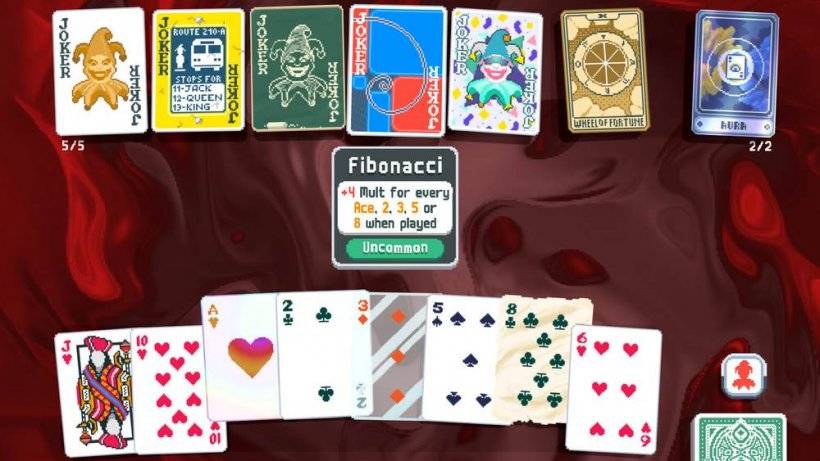
Balatro's appeal lies in its accessibility. Some players strive for optimal deck optimization and flawless runs. Others, like myself, enjoy its relaxed pace, perfect for downtime.
Ultimately, Balatro's success reinforces a crucial point: a game doesn't need to be groundbreaking in terms of technology or complexity to be successful. Sometimes, being simple and well-executed is enough.
 Home
Home  Navigation
Navigation






 Latest Articles
Latest Articles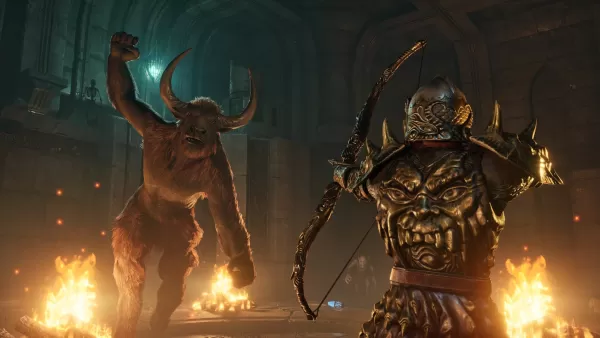
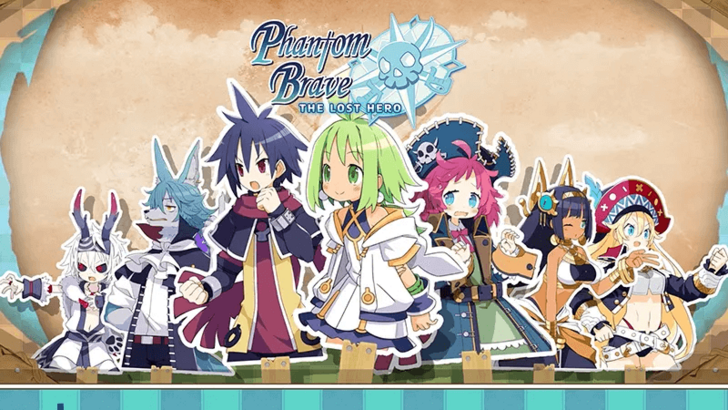








 Latest Games
Latest Games









